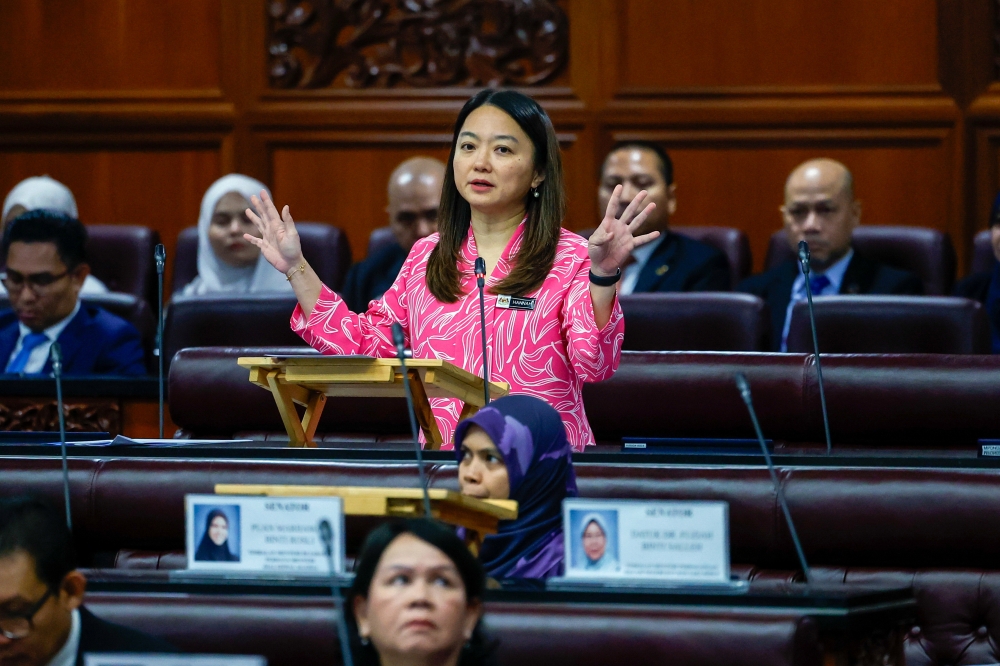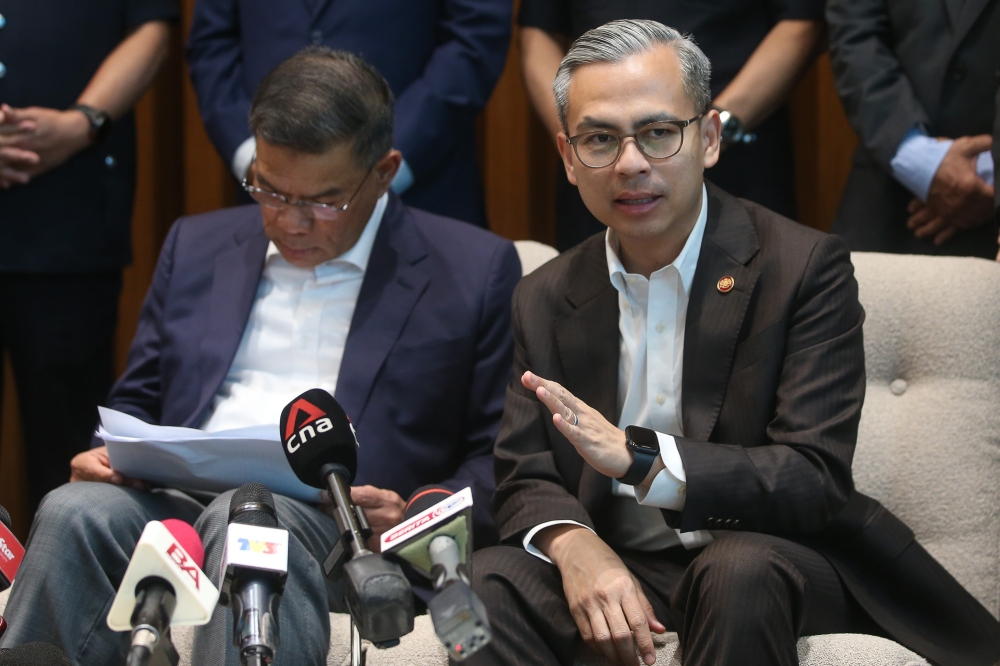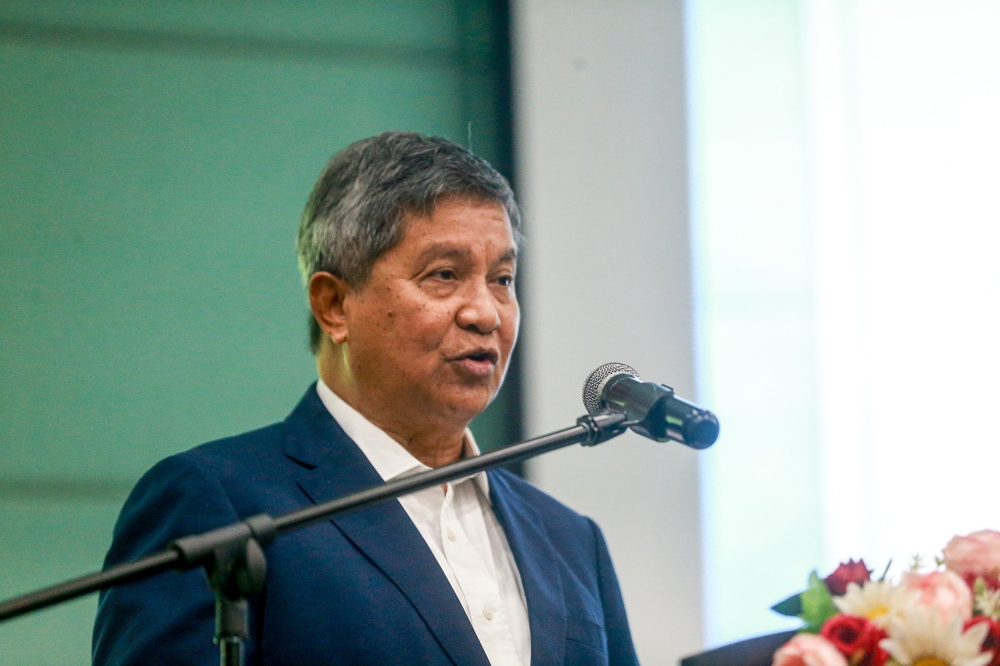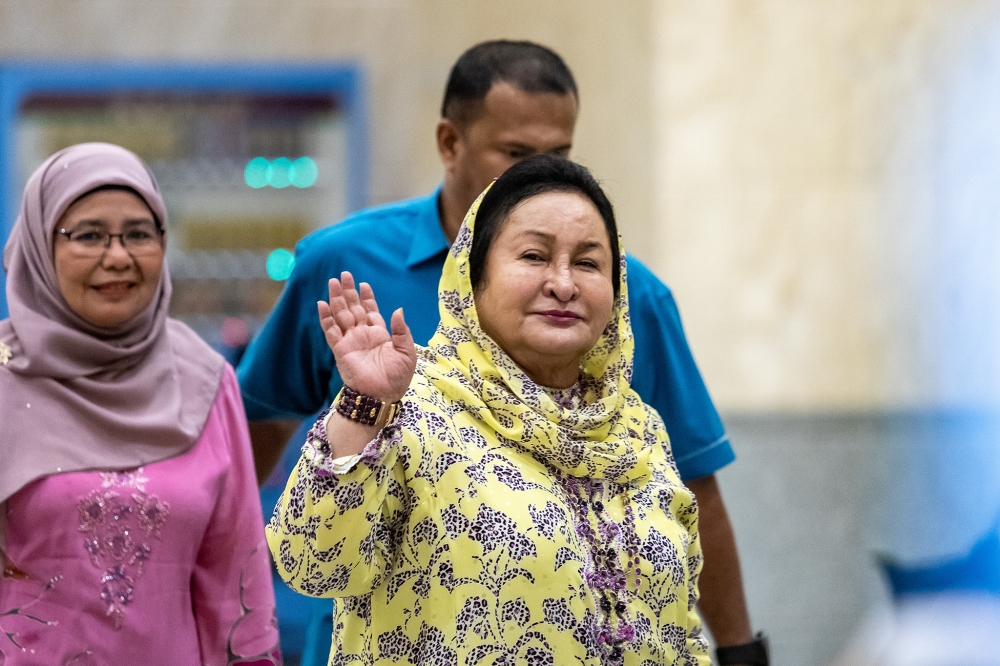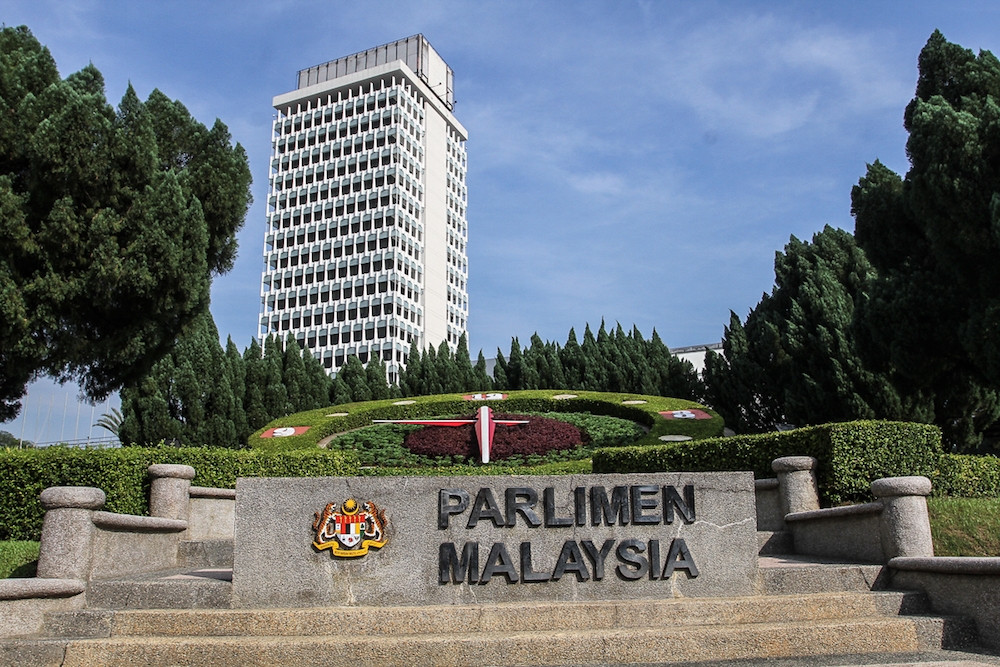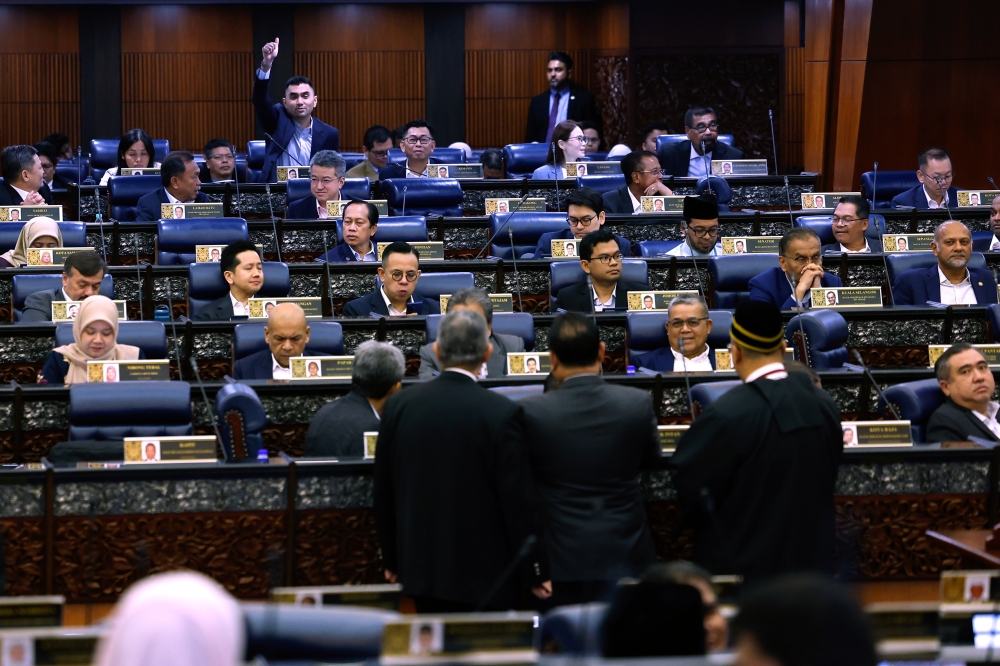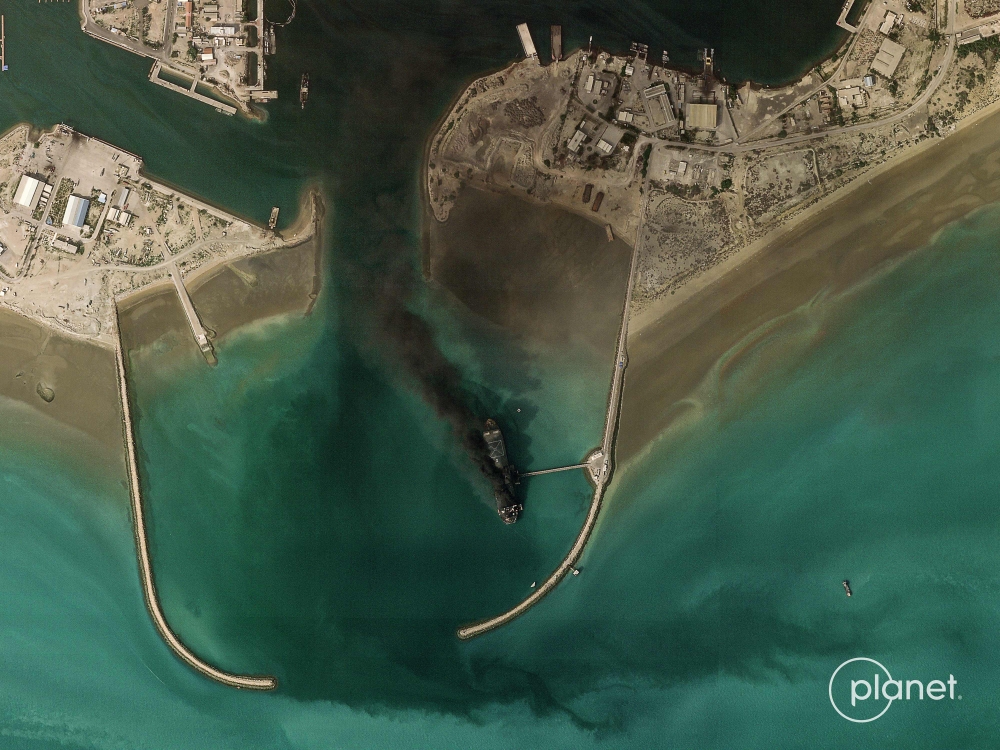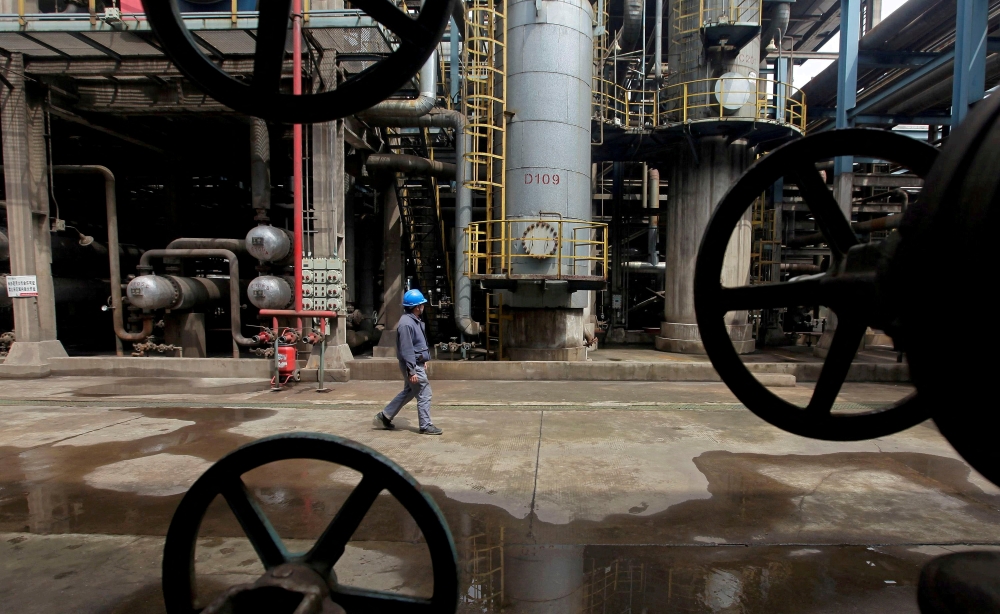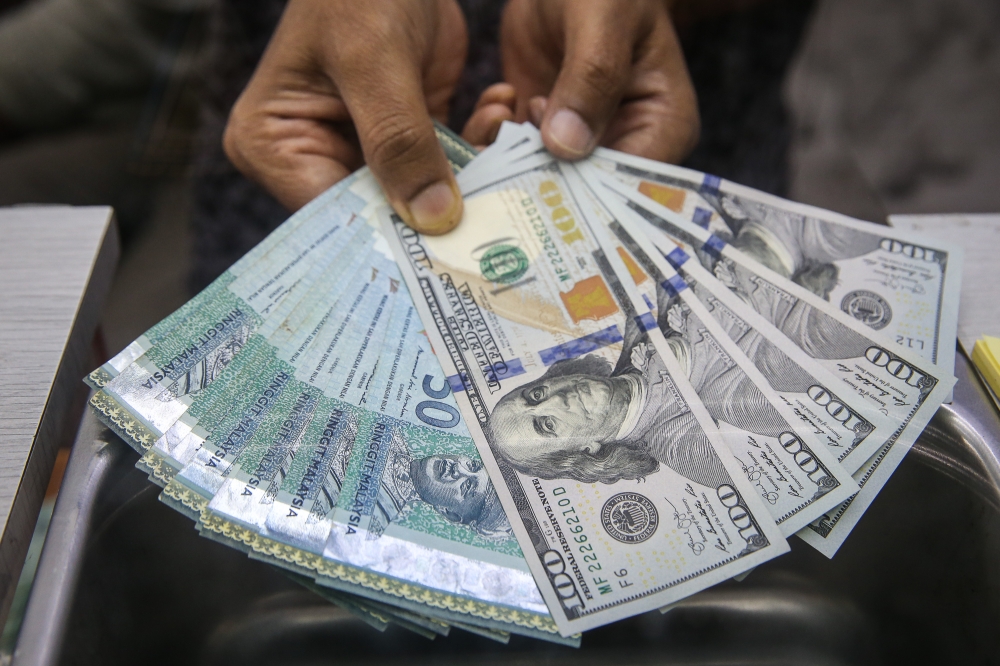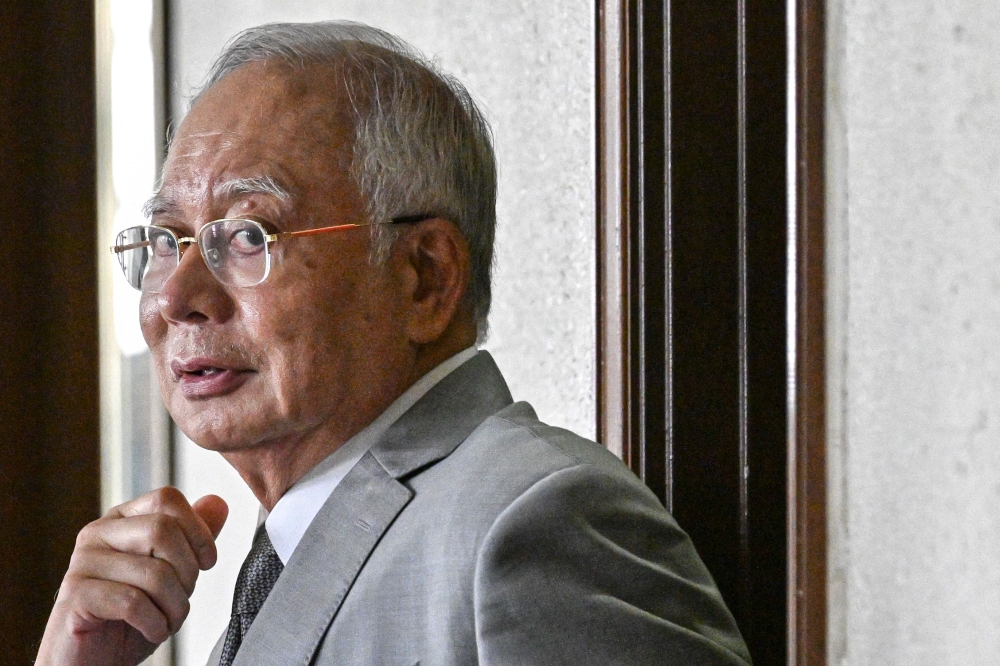KUALA LUMPUR, March 8 — Islamic finance will continue to grow in 2022 as economic recovery accelerates, particularly in the Gulf Cooperation Council (GCC) region, Moody’s Investors Service said.
Its vice president-senior analyst Ashraf Madani said the economic recovery in key Islamic finance markets will boost credit growth and demand for Shariah-compliant products and it expects Islamic banks’ asset growth to continue to outperform their conventional peers.
“At the same time, we expect higher oil prices to lead to lower sukuk issuance in 2022, largely driven by lower financing needs in the GCC,” he said in a statement today.
The research firm noted that sukuk issuance fell 12 per cent to US$181 billion in 2021 amid lower sovereign funding needs in the GCC region and Indonesia amid higher oil prices and an economic recovery.
Moody’s said issuance activity is expected to further decline in 2022 to US$160-US$170 billion.
In 2020, assets under management (AUM) for Islamic funds rose to a new high of US$140 billion, up 31.9 per cent year-on-year.
According to Moody’s estimates, Islamic fund AUM continued to record robust growth in 2021, driven by the improved economic environment, strong equity market performance and increasing investor demand.
These drivers will likely continue to support AUM expansion beyond 2021, it added.
Meanwhile, takaful premiums are likely to keep growing moderately in the next two to three years, helped by rising demand for medical insurance as more GCC, African and Southeast Asian countries introduce compulsory health cover, it said.
Moody’s said in highly competitive markets such as the GCC, takaful operators who lack scale currently are expected to accelerate their technology investment and seek out mergers and acquisitions. — Bernama


